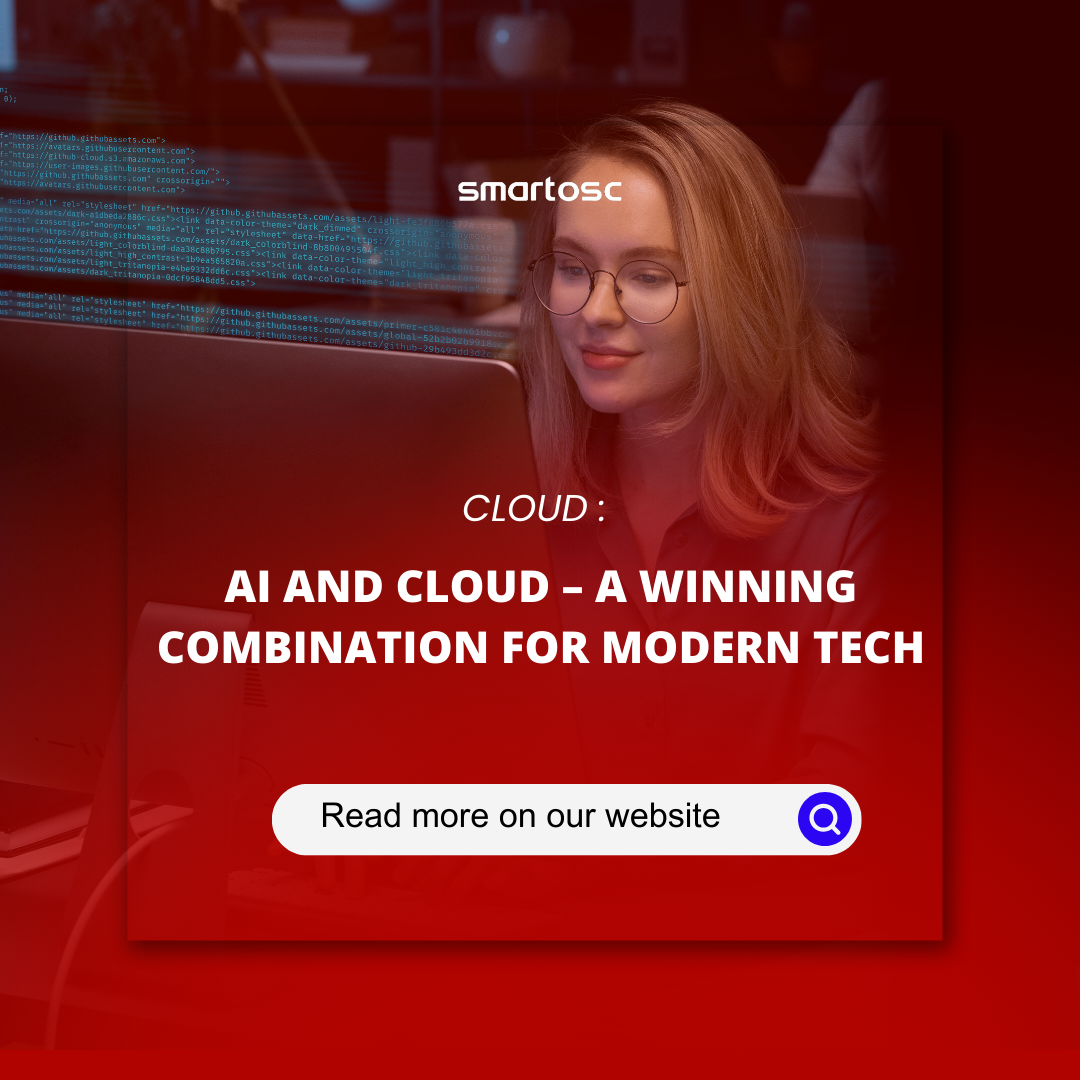ANALYZING DIFFERENT TYPES OF BANKING SOFTWARE BEFORE INVESTING IN DEVELOPMENT
Banking software has revolutionized the financial industry, enabling financial institutions to serve customers more efficiently and effectively. These software solutions provide a range of benefits, including improved data management, enhanced customer experience, and increased operational efficiency.
In this article, we’ll analyze three types of banking software: core banking software, digital banking software, and risk management software.
THE DIFFERENT TYPES OF BANKING SOFTWARE BEFORE INVESTING IN DEVELOPMENT
CORE BANKING SOFTWARE
Core banking software is a type of banking software that manages the day-to-day operations of a financial institution. It typically includes account management, transaction processing, loan management, and customer relationship management. Core banking software is the backbone of a financial institution, and it’s essential to choose a reliable, secure, and scalable solution.
When selecting core banking software, it’s crucial to consider security, compliance, and integration capabilities. Security is a critical concern for financial institutions. Choosing a solution that provides robust security measures, such as encryption, firewalls, and access controls, is essential. Compliance is another vital consideration, as financial institutions must comply with various regulations, such as KYC (Know Your Customer) and AML (Anti-Money Laundering) requirements. Finally, integration capabilities are essential to ensure that the core banking software can seamlessly integrate with other software solutions used by the financial institution.
DIGITAL BANKING SOFTWARE
Digital banking software is a type of banking software that focuses on providing customers with digital banking services, such as mobile banking, online banking, and digital payments. Digital banking software is becoming increasingly popular as customers demand more convenient and accessible banking services.

When selecting digital banking software, it’s crucial to consider user experience, security, and integration capabilities. User experience is critical, as customers expect intuitive, easy-to-use interfaces that provide quick and easy access to their financial information. Security is also a key consideration, as digital banking software must provide robust security measures to protect customer data and prevent fraud. Finally, integration capabilities are essential to ensure that the digital banking software can seamlessly integrate with other software solutions used by the financial institution.
Risk management software is a type of banking software that helps financial institutions manage risk by providing risk assessment, monitoring, and mitigation tools. Risk management software is essential for financial institutions, as it helps them identify and mitigate risks associated with lending, investing, and other economic activities.
When selecting risk management software, it’s crucial to consider risk assessment, reporting, and integration capabilities.

Risk assessment capabilities are essential to ensure the software can accurately identify and assess risks. Reporting capabilities are also critical, as financial institutions must be able to generate reports to comply with various regulations and to inform stakeholders. Finally, integration capabilities are essential to ensure that the risk management software can seamlessly integrate with other software solutions used by the financial institution.
CONCLUSION
In conclusion, different types of banking software have revolutionized the financial industry, making it possible for financial institutions to provide better services to their customers. Choosing the right software solutions is critical to achieving the desired outcomes, including improved data management, enhanced customer experience, and increased operational efficiency.
Don’t forget to contact SmartOSC for more information!




